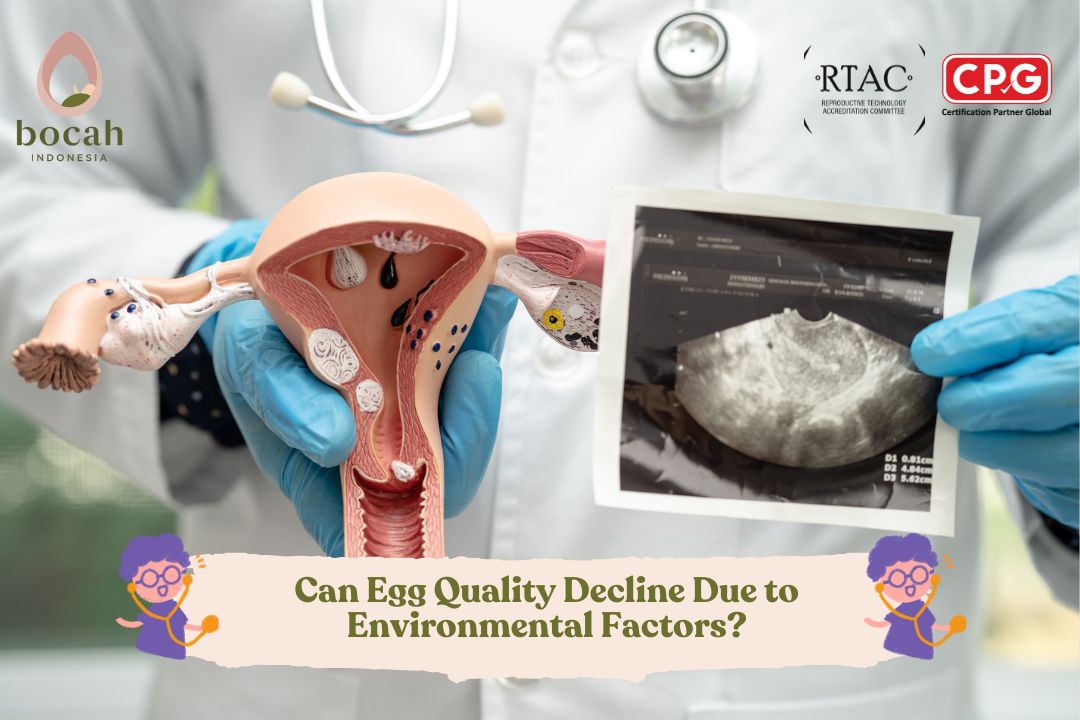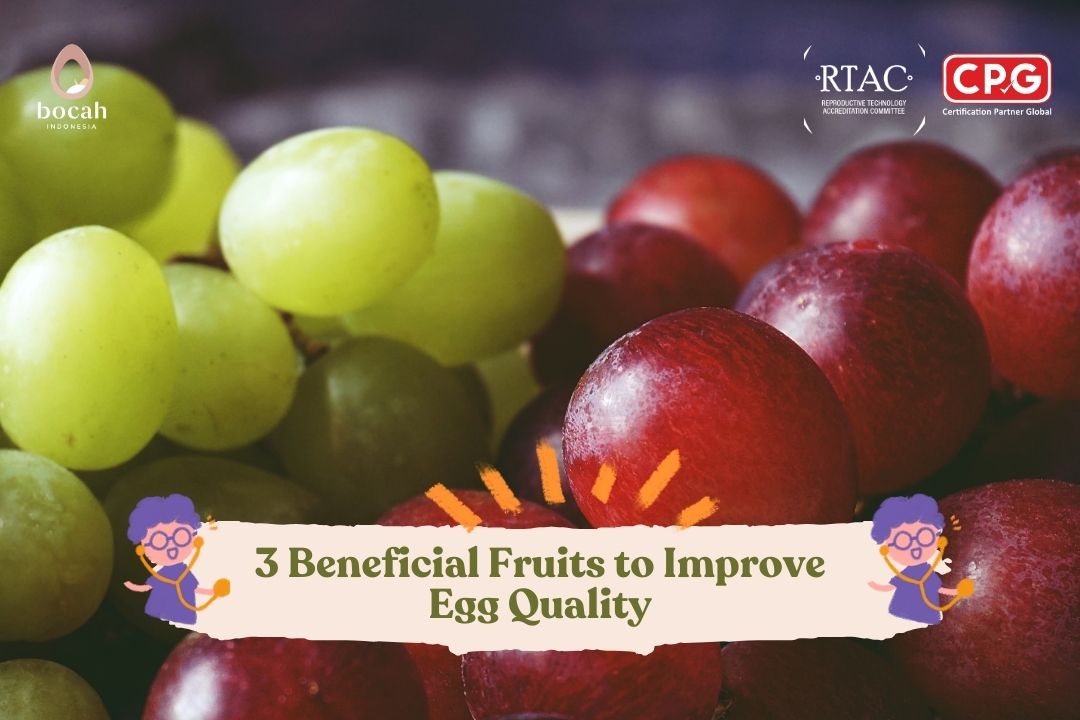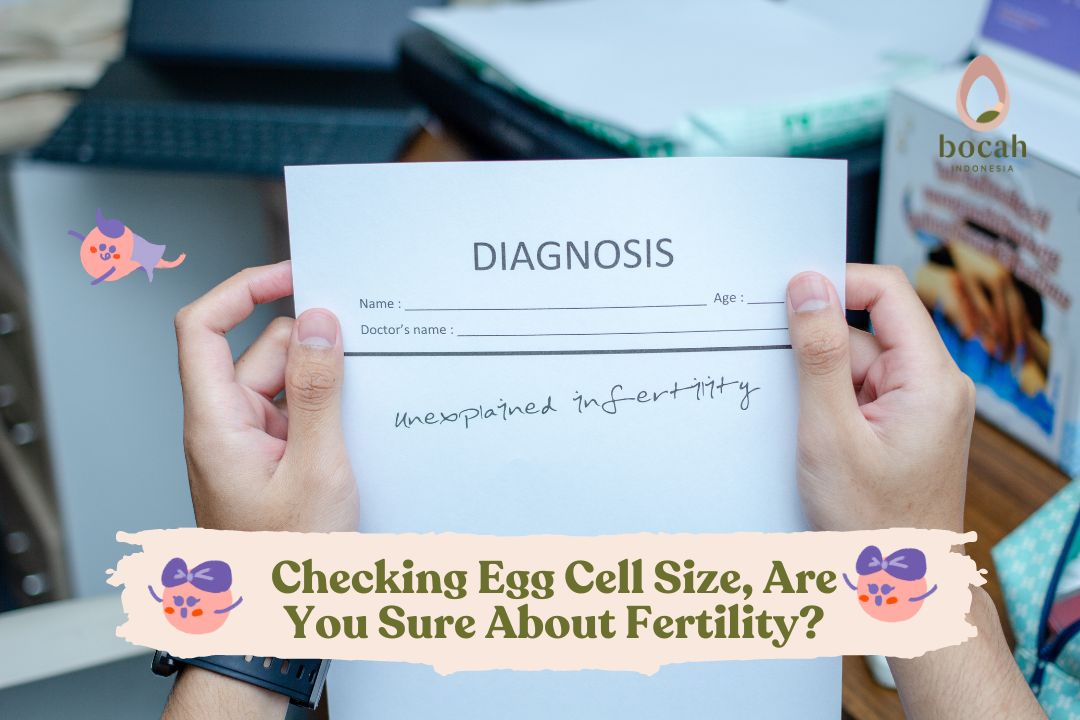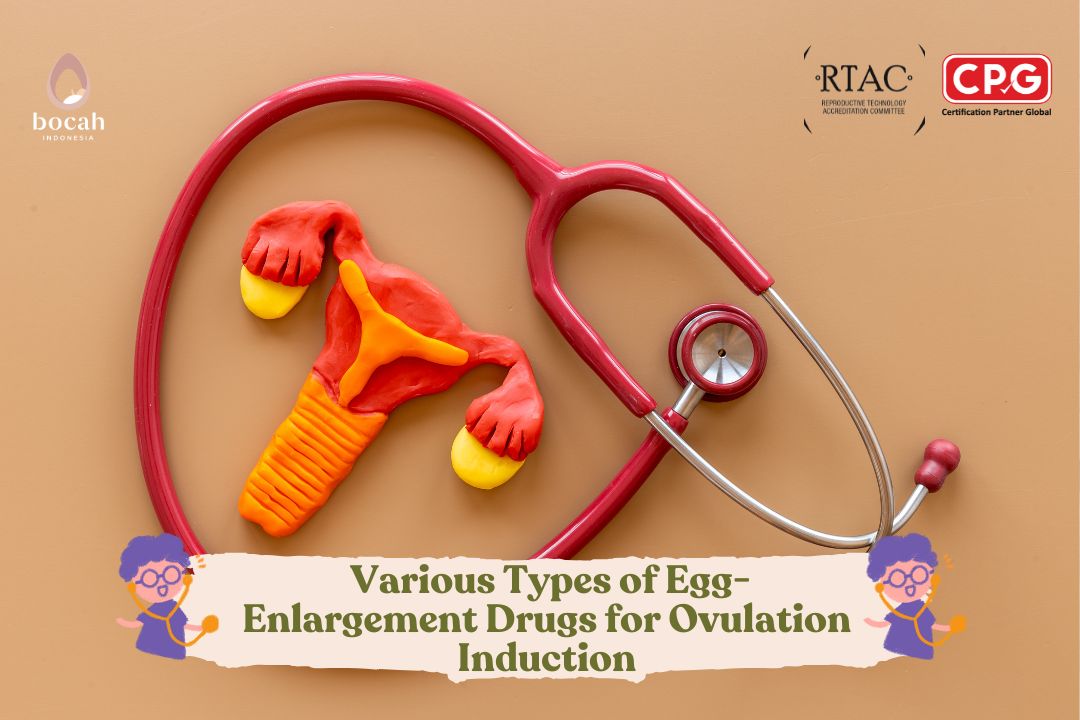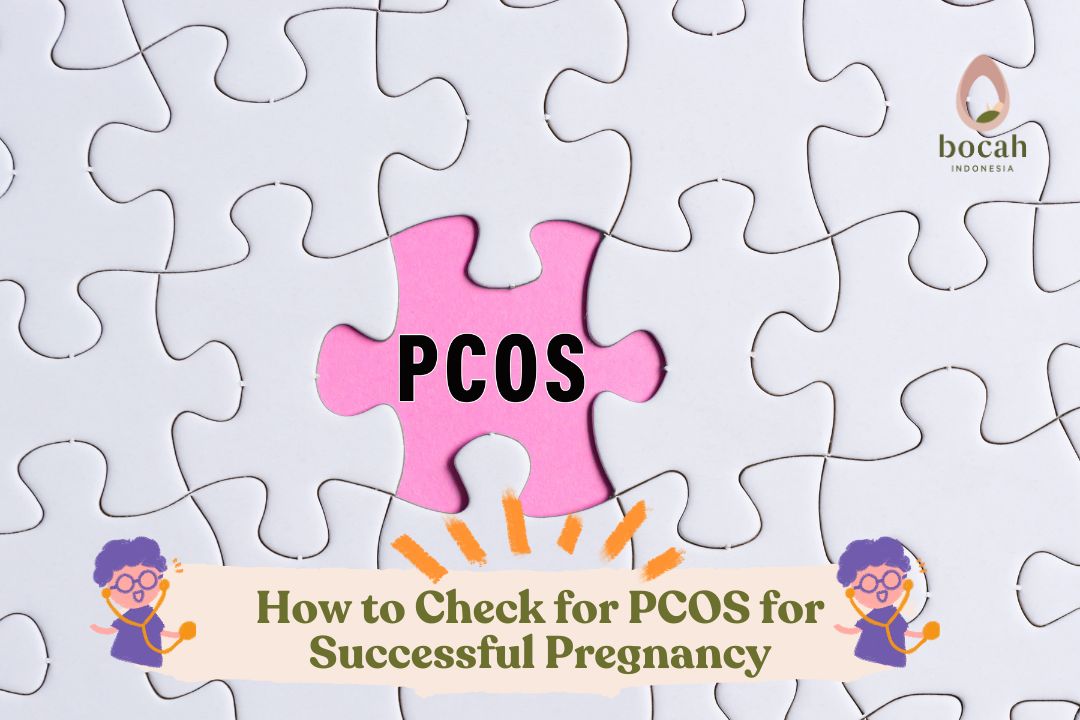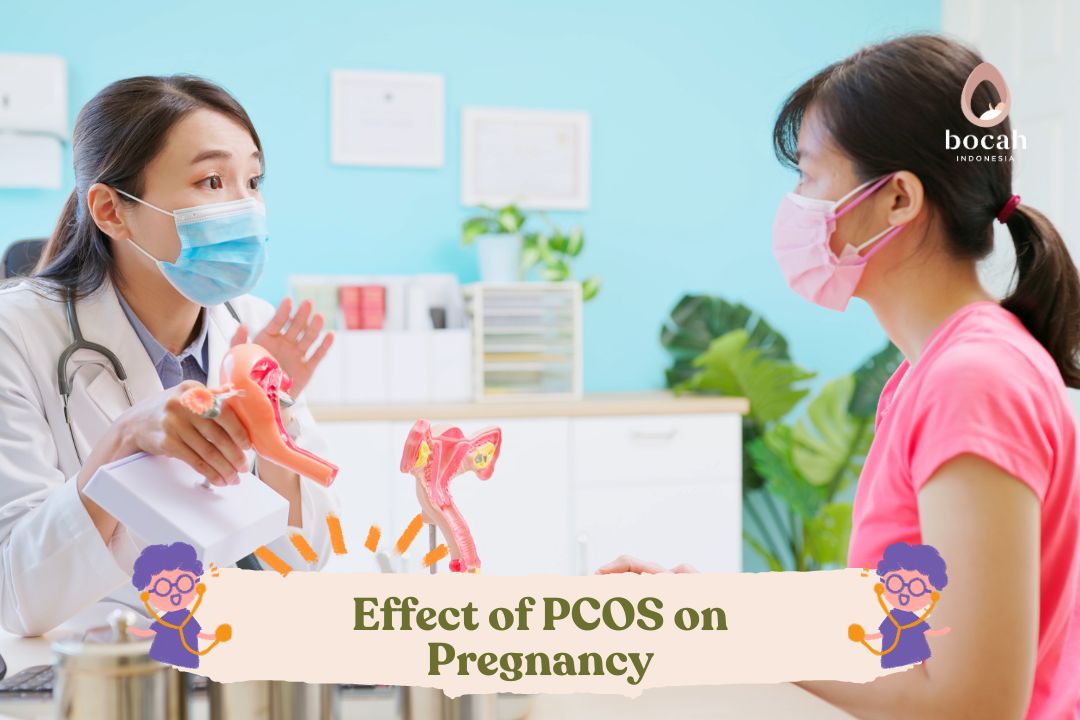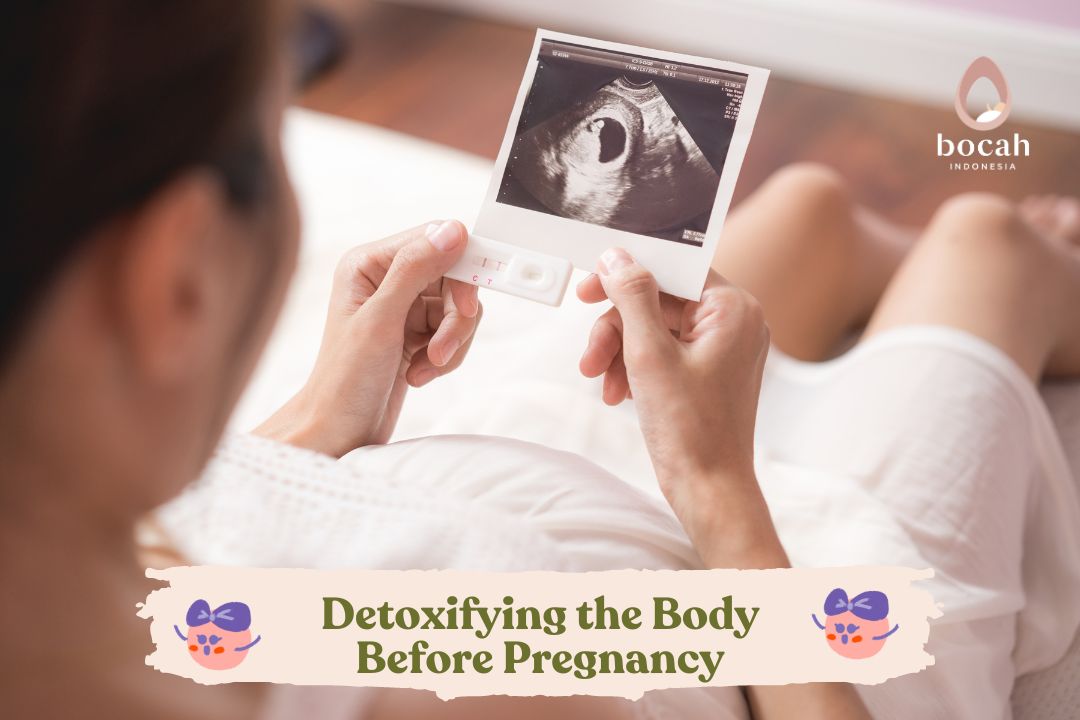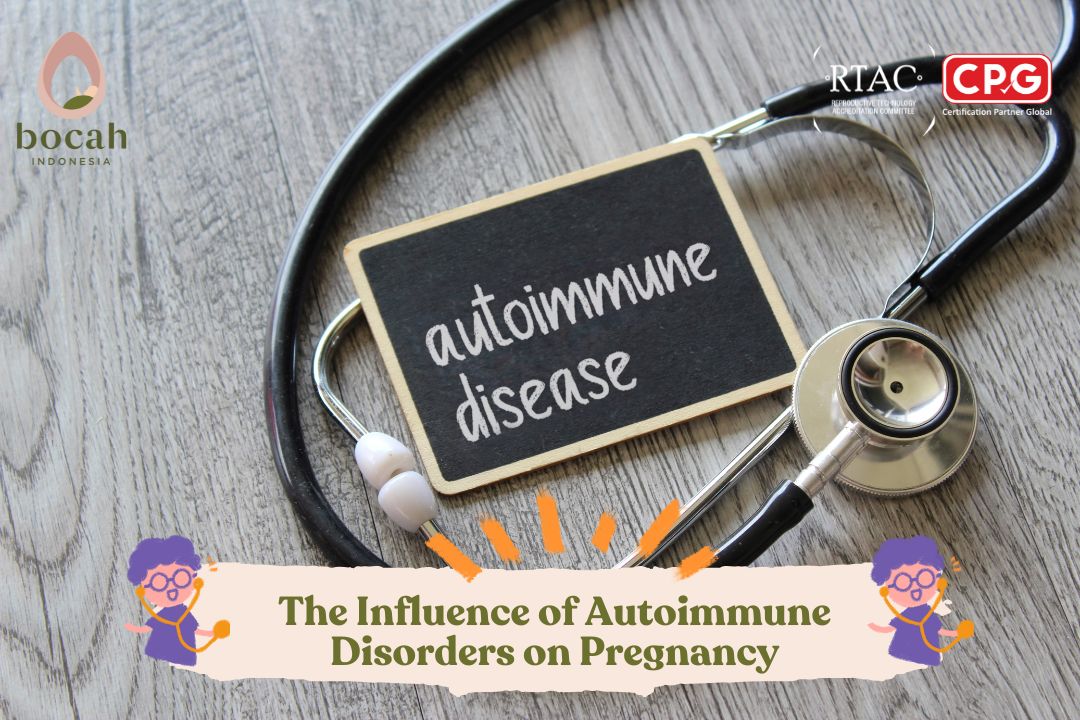Ultimate Guide: Boosting Egg Quality for a Healthy Pregnancy Journey
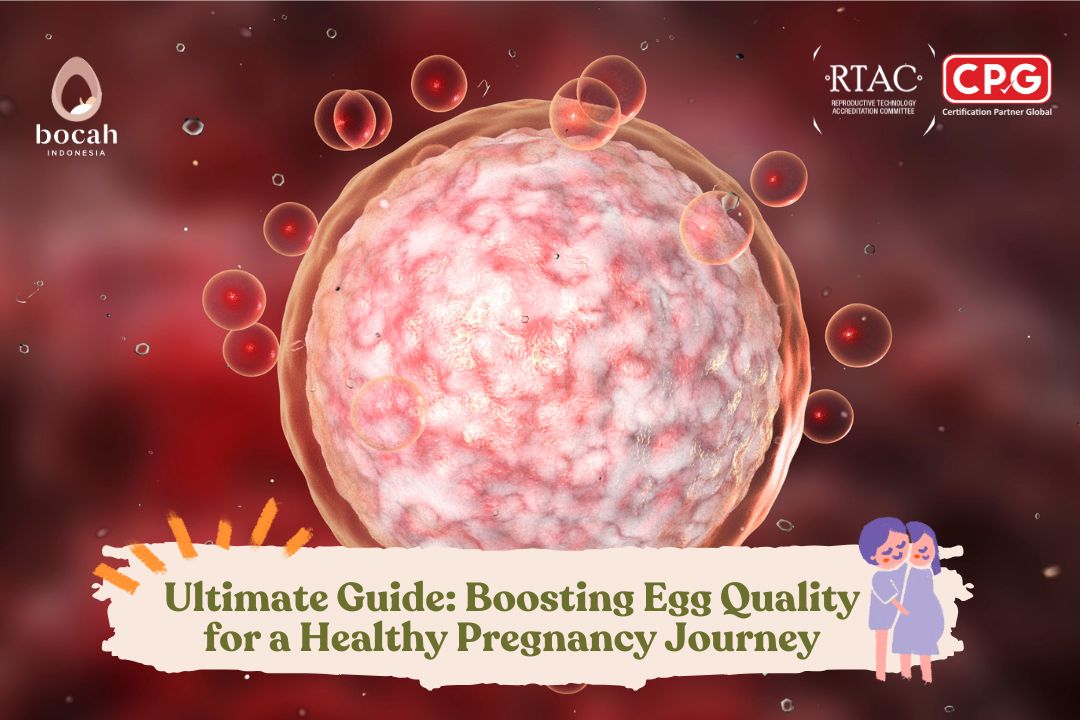
Strong and healthy ova are egg cells that possess good quality for fertilization. This means that the mother’s ova are in optimal condition. Many couples yearn for a child but face challenges regarding fertility. One such challenge can stem from the mother’s ovum or egg cells. Ova significantly influence the success of a pregnancy program, whether naturally or with medical assistance.
In the endeavor to achieve pregnancy, the role of the mother’s ovum or egg cell is paramount. The quality and quantity of egg cells produced greatly impact the chances of success for any fertility program undertaken. To support these chances, maintaining ovum health is one of the things a mother can do. Here are ways to maintain ovum health.
Understanding Ovum
The ovum, or egg cell, is a reproductive cell produced by the mother’s body and plays a crucial role in the pregnancy process. Each month, the mother’s body releases one egg cell from the ovary through a process called ovulation. This egg cell then travels to the fallopian tube, which is the channel connecting the ovary to the uterus, and it is here that the egg cell can meet the father’s sperm for fertilization to occur.
A healthy egg cell is very important because its quality will affect the mother’s chances of getting pregnant and having a healthy pregnancy. A strong and healthy ovum has a good structure and nutrient reserves that support the early development of the potential fetus. By maintaining ovum quality, the chances of fertilization or the mother’s chances of having offspring can increase, whether through natural pregnancy programs or medical assistance.
A mother’s egg cells decrease over time. At birth, mothers have approximately 1-2 million egg cells, but this number drastically declines by adulthood. A healthy lifestyle helps maintain the number and quality of egg cells.
Mulai Journey of Hope
Egg cells contain half of the genetic material, and their age affects their quality. Mothers are most fertile between the ages of 18 and 30, after which, quality and chances of pregnancy may decrease. Although mothers can still get pregnant after the age of 30, some experts even say that pregnancy after the age of 30 is a good and healthy pregnancy.
Each mother has a different number of egg cells. Egg cell health can be maintained with a balanced diet, exercise, and stress management.
Also read: Egg Cells for IVF for More Profitable Fertility Programs
Ways to Maintain Strong and Healthy Ova
1. Paying Attention to a Healthy Diet
Maintaining daily food intake is an important step to improving fertility. Mothers are advised to consume foods rich in protein, especially from plant sources such as legumes, seeds, and tofu. These foods not only help improve the mother’s health but also lower the risk of fertility disorders. Additionally, mothers should increase their consumption of green vegetables and fruits rich in antioxidants, as antioxidants help protect egg cells from damage. During ovulation, mothers are also advised to limit carbohydrate intake. Increased blood sugar levels and insulin resistance can disrupt hormonal balance vital for ovulation. By maintaining a healthy diet, mothers can support overall reproductive health.
2. Maintaining Ideal Body Weight
Maintaining a healthy body weight is a key factor for fertility. Mothers who are overweight or obese are at a higher risk of experiencing fertility disorders. By maintaining an an ideal body weight, mothers not only increase their chances of conceiving but also support overall health. Mothers can achieve this by adopting a healthy diet and regular exercise.
3. Regular Exercise
Engaging in regular exercise, at least 30 minutes daily, is very beneficial for increasing fertility. Physical activity helps improve blood circulation to reproductive organs and reduces the risk of obesity, which can affect fertility. Mothers can choose exercises they enjoy, such as brisk walking, cycling, or yoga, to maintain consistency.
4. Avoid Smoking
Smoking is one of the factors that can impair a mother’s fertility. Chemicals in cigarettes can damage egg cells and trigger ovulation problems. Furthermore, if the mother is a passive smoker, meaning exposed to secondhand smoke from others, this can also affect hormonal balance in the body. Therefore, avoiding smoking and smoke-filled environments is very important for maintaining fertility.
5. Manage Stress Well
Stress can affect reproductive hormones and disrupt the ovulation process. Mothers are advised to manage stress well. Some techniques mothers can try include meditation, yoga, or activities they enjoy for relaxation. By reducing stress, mothers can help maintain hormonal balance and improve both mental and reproductive health.
6. Limit Alcohol Consumption
Avoiding excessive alcohol consumption is very important for fertility health. Alcohol can disrupt levels of estradiol and testosterone hormones, which play a role in fertility. Increased prolactin levels due to alcohol can also cause fertility problems. It is advisable for mothers to limit or avoid alcohol to maintain reproductive health.
7. Maintaining Healthy Sexual Habits
Healthy sexual habits significantly affect fertility. Mothers should maintain fidelity to one partner and use condoms when necessary to prevent sexually transmitted diseases (STDs). STDs can cause complications that impair fertility. By maintaining sexual health, mothers can increase their chances of conceiving.
8. Consultation with an Obstetrician-Gynecologist
If a mother has been trying to conceive but has not achieved the desired results, it is important to consult with an obstetrician-gynecologist. Here are some steps a mother can take during the consultation:
- Prepare Health History Before visiting the doctor, the mother can make notes regarding her and the father’s health history. These notes can include menstrual cycles, dietary patterns, lifestyle habits, and relevant medical history, such as any existing health conditions that might affect fertility.
- Discuss Efforts Made Inform the doctor about the various efforts the mother and father have made to conceive, such as changes in diet, exercise, or the use of other natural methods. This information will help the doctor understand the mother’s situation comprehensively.
- Listen to Doctor’s Recommendations After examination, the doctor will provide recommendations based on test results. This may include lifestyle changes, medication for specific conditions, or a plan for assisted reproductive methods such as artificial insemination or in vitro fertilization (IVF). The doctor may recommend a series of tests to assess the fertility of both the mother and father. These tests could include hormonal examinations, ultrasound to check ovarian health, and sperm analysis for the father.
- Be Open and Honest During the consultation, the mother is advised to be open and honest about any concerns or questions she may have. This will help the doctor provide more accurate information and solutions.
- Consider Emotional Support Undergoing a pregnancy program can be emotional and exhausting. The mother might want to consider support from friends, family, or even mental health professionals to help cope with any stress that may arise.
Visiting an obstetrician-gynecologist is an important step to understanding and addressing fertility issues. Do not hesitate to seek professional help and advice so that mothers can find the right solutions and receive the necessary support.
- 12 Foods to Help You Get Pregnant Faster - 03/03/2026
- 3 Juice Recipes for a Pregnancy Program - 26/02/2026
- 4 Risk Factors for Infertility That Can Affect Both Men and Women - 25/02/2026


